Picture it; you’re standing at the rental car counter waiting to start your vacation. You just got off the plane and the kids are stir crazy. Now, just one quick question before you can begin your vacation. “Would you like to purchase the rental car insurance?”
Now, you’re pretty savvy about insurance. You’ve read your policy and ask great questions of your insurance agent each year at your annual review! Unfortunately, the rental car insurance options you have in front of you have nothing in common with your personal auto insurance policy.
Don’t worry, there is a simple solution. We’ve broken it down to two key points that make the decision about whether or not you need rental car insurance an easy one. A little homework before your trip will help the rental process run more smoothly when you get to your destination.
The tips below will help you gather the necessary information to make an informed decision. Rental car insurance is just one of the many examples where your agent can help you make the best insurance decision.
Review the two key points you need to know and then contact your independent insurance agent to get started.
- How much coverage do you have on your car?
If you don’t currently own a car, and frequently rent or borrow from friends, contact your agent about a non-owner liability policy.
2. Does your credit card provide any coverage?
Call the number on the back of your credit card and ask the operator to send you the rental car coverage details in writing. In most situations, your card may provide a small amount of coverage if the card is used to purchase the rental. Card benefits are often a backup to your personal auto insurance or the rental car insurance (if you choose to purchase).
Coverage varies greatly between cards and there is often more coverage on higher level cards. Liability is usually not included.
Whenever you have an insurance question or are concerned or unsure about your coverage, contact your independent insurance agent! Your agent is a resource to help you make informed decisions that protect your property, family and finances. Courtesy of Integrity Insurance

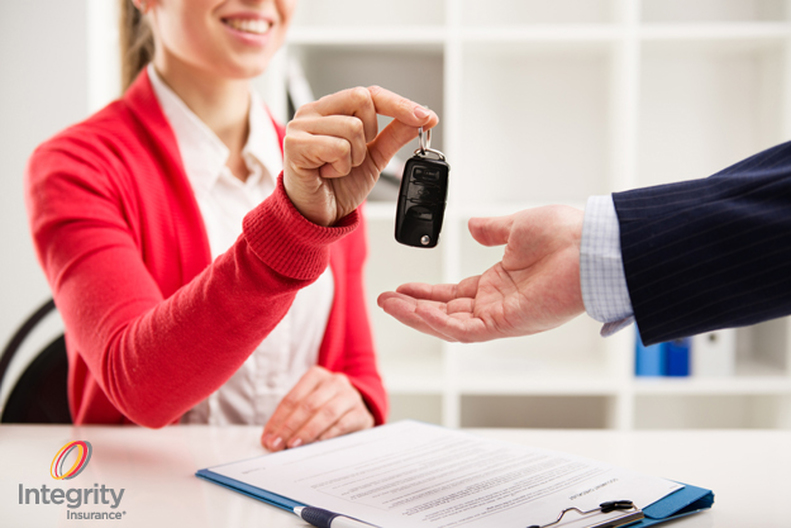
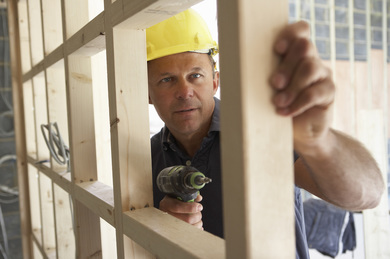



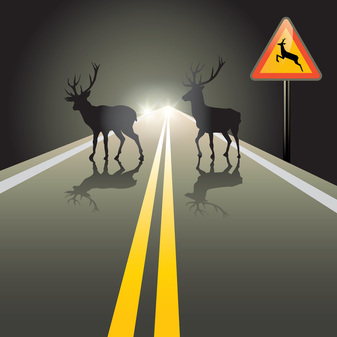
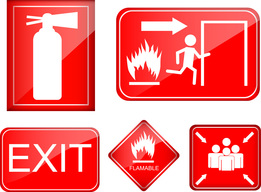
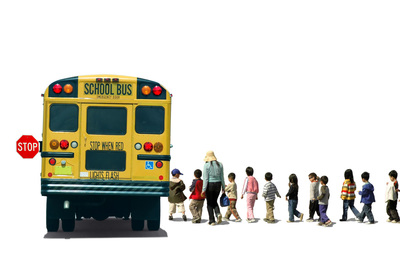
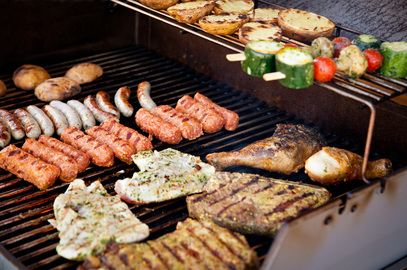
 RSS Feed
RSS Feed
